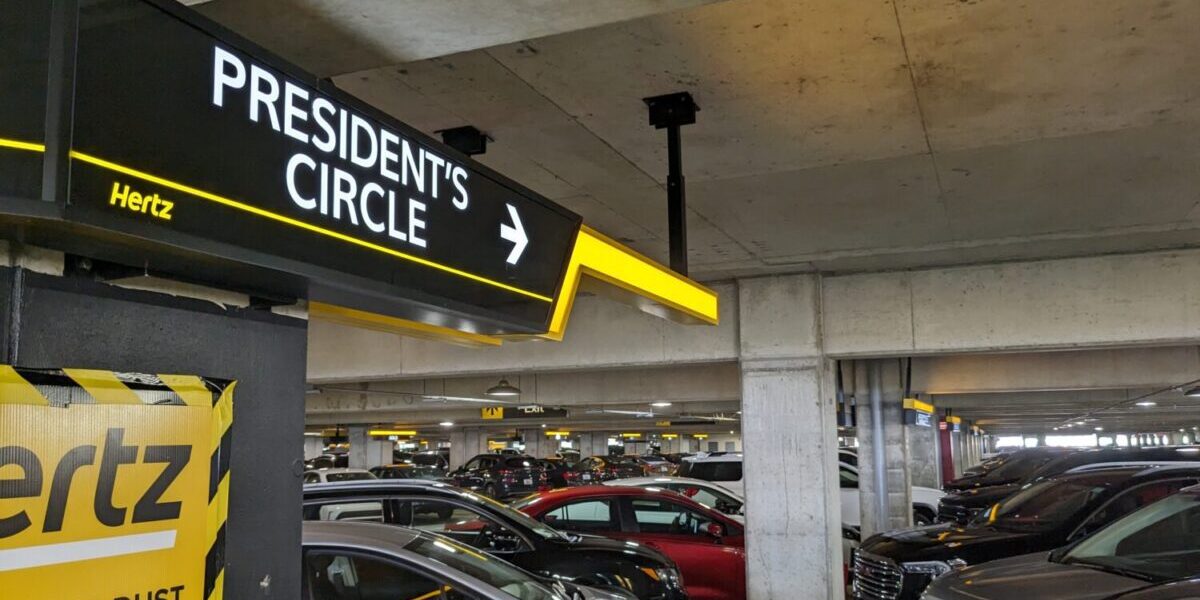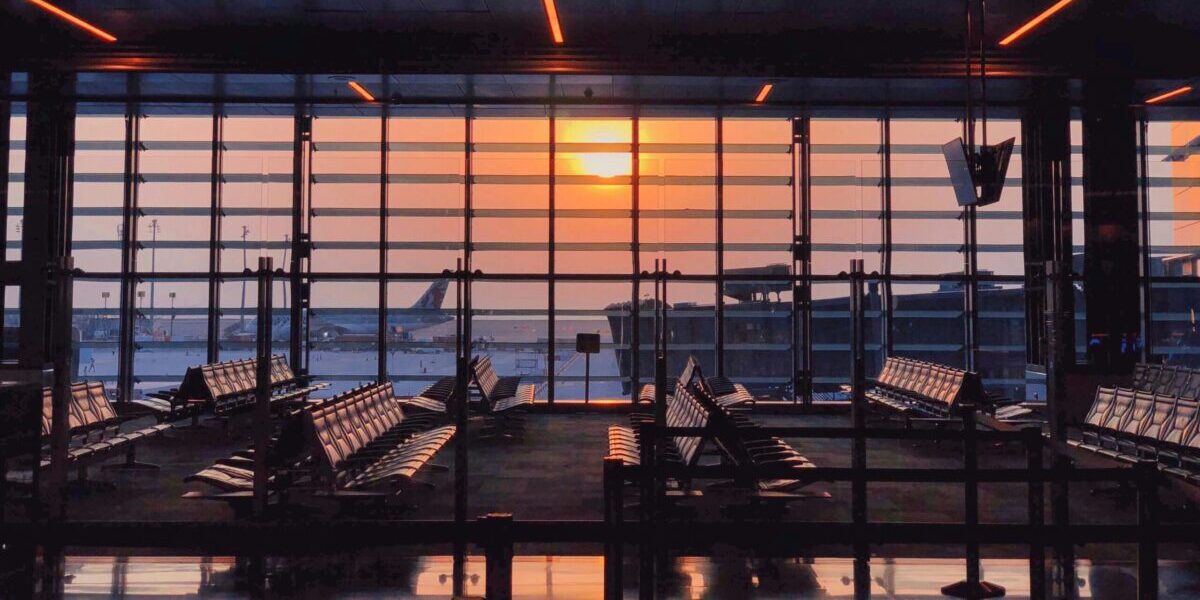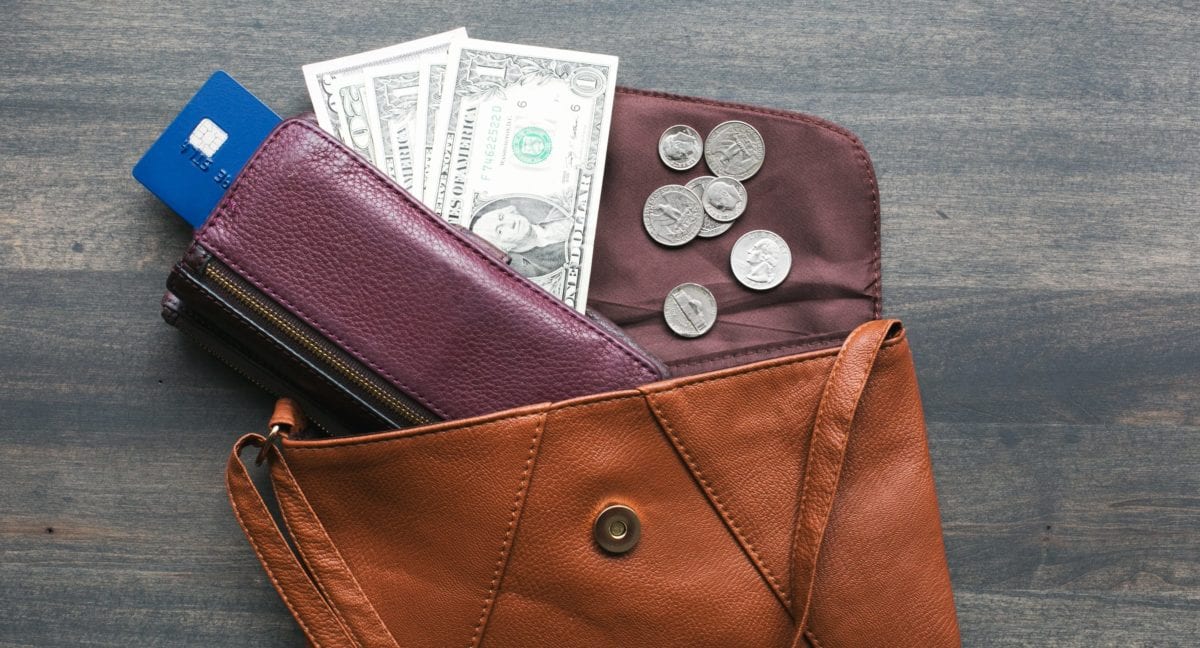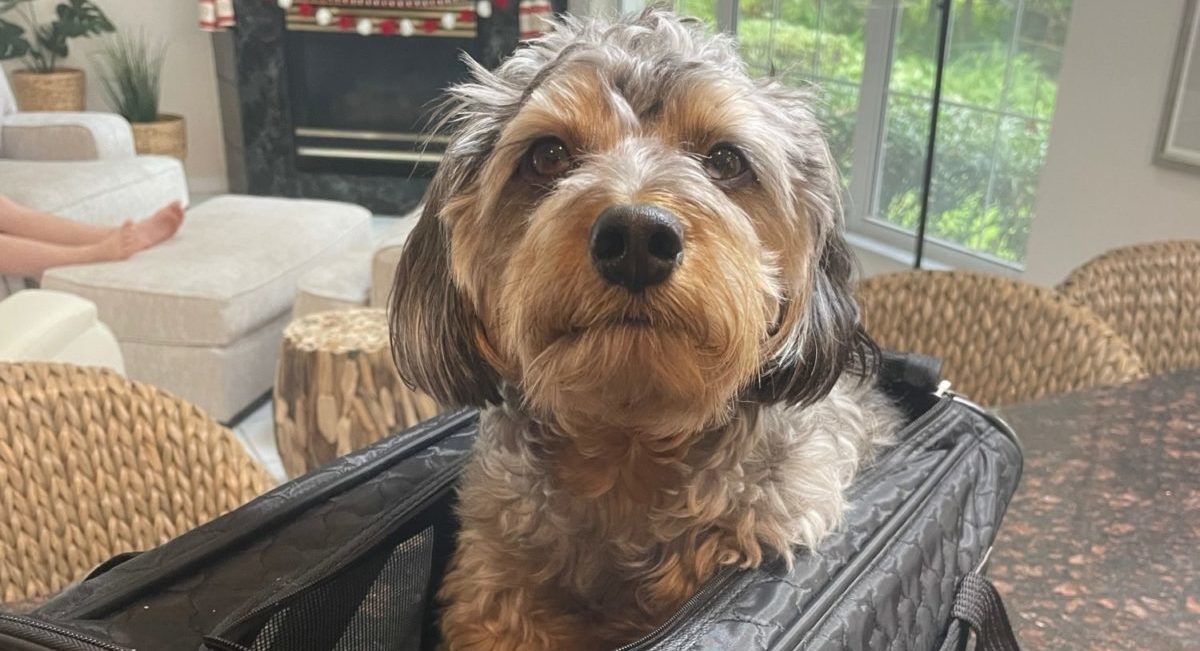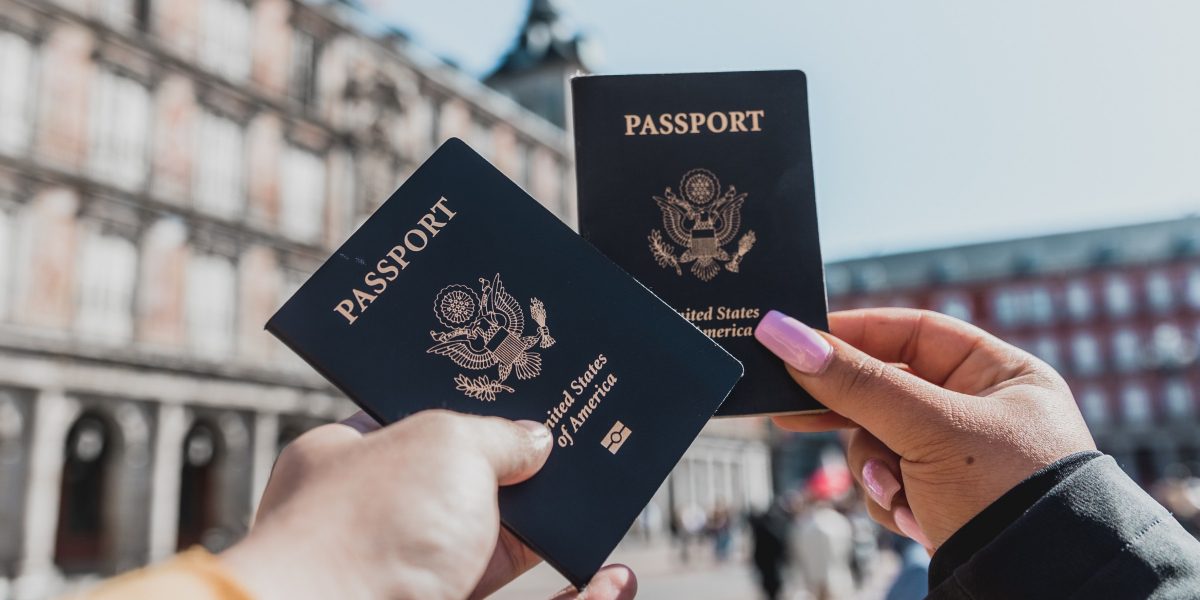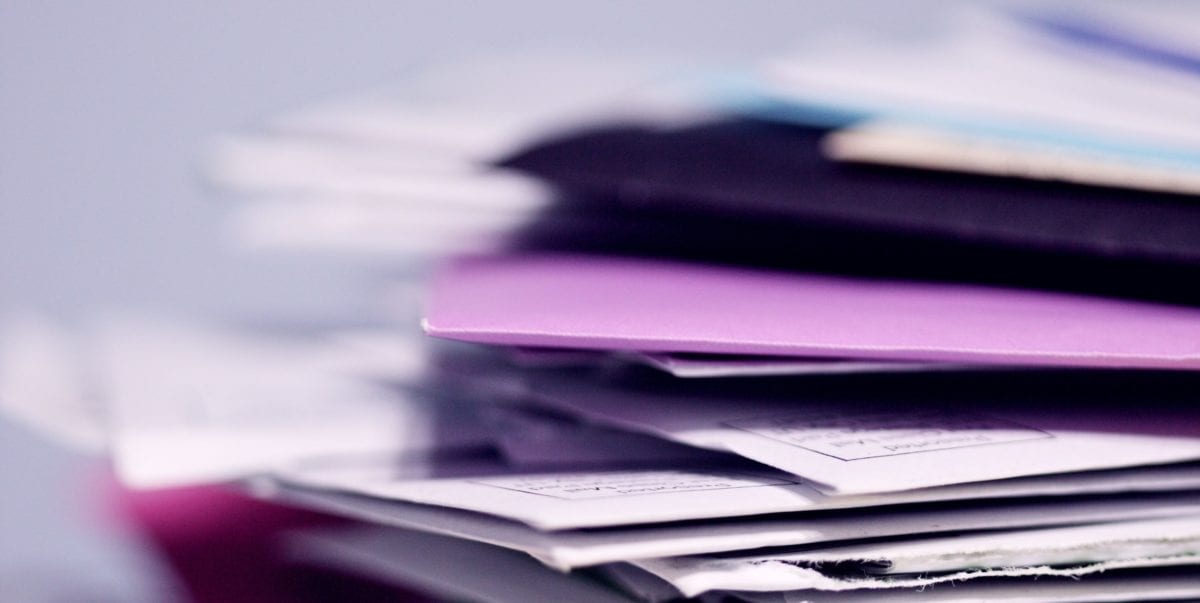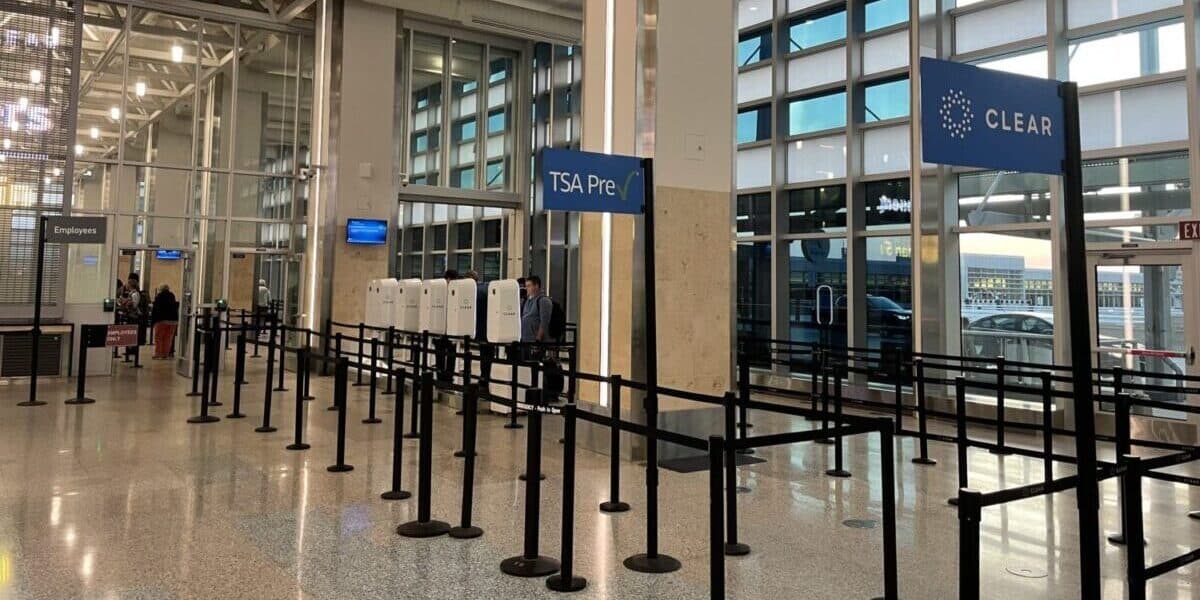
How I Booked It: A Bucket List Trip to Machu Picchu
If I'm being honest, Peru wasn't really on my list of destinations for 2025 ... at least not near the top. But after spending eight days in the "Land of the Incas," I'm here to tell you that it should be on yours. So how in the heck did I end up there? I did what we tell everyone else to do: I followed the flight deal. Last fall, our Thrifty Traveler Premium team sent out an alert for w...





